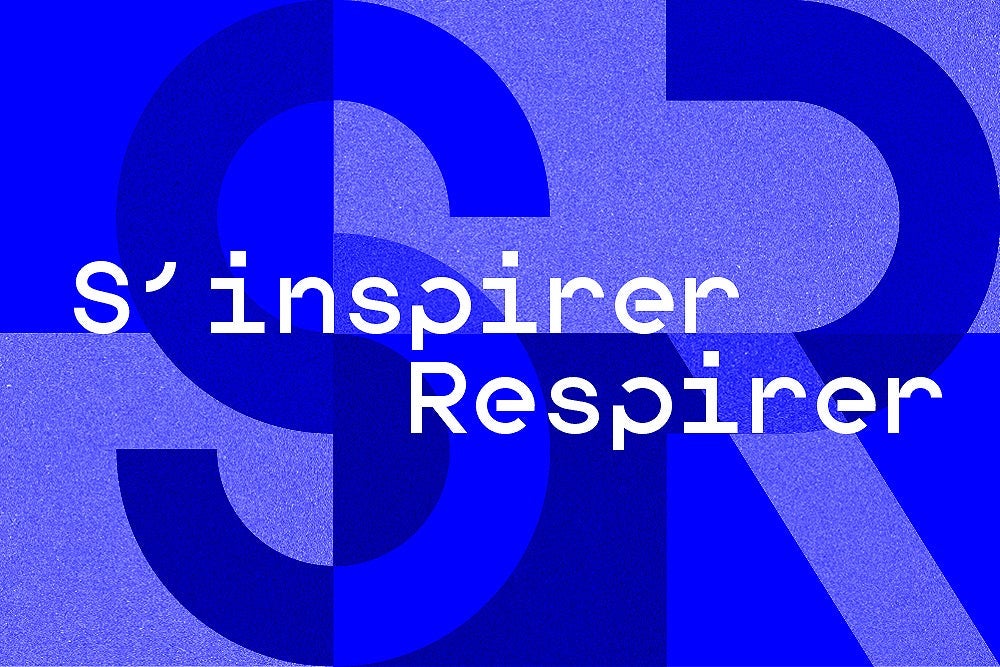Inspire yourself, breathe Should psychoanalysis be saved?
With Catherine Perret, Hervé Mazurel and Florent Gabarron-Garcia
Animated by Jean-Marie Durand
The great cognitive revolution of the 20th century, psychoanalysis has largely lost its social aura and intellectual prestige, despite the generalization of its key concepts in ordinary discussions. Competing with neurosciences and cognitive psychology, neglected by university departments, it defends more and more reactionary positions against feminism, anti-racism, social movements, decolonial thought… In such a way that psychoanalysis forms today a discourse that opposes concrete political equality.
How can psychoanalysis, opposed to the conquest of new rights, culturally pessimistic, make the neurotics of the earth « dream » again, work for new forms of popular emancipation and get out of its identity and political narrowing?
In order to stop its decline, shouldn’t psychoanalysis first open up to the social sciences, to stop overvaluing the individual, to finally take an interest in the collective, to recognize that contemporary pathologies are partly linked to the transformations of the society as a whole? This is the hypothesis made by the historian Hervé Mazurel in his book, L’Inconscient ou l’oubli de l’histoire (La Découverte), a strong criticism of the denial by psychoanalysts of historical temporality. Our unconscious psyche transforms itself through time, as our morals, our relationships to sexuality, to intimacy, to death change. Missed act, Oedipus complex, repression and superego, neurosis and psychosis: these essential notions cannot be posed as invariable, and must be inscribed in a historical framework. Our desires, our emotions, our fantasies and our taboos have a past; our superegos as well as our neuroses bear the imprint of our social environment and our collective history. To consider that we would have to deal, at a distance of centuries, with the same feelings, the same conflicts and psychological disorders is an illusion. The challenge of psychoanalysis is therefore to learn to articulate the psyche to the social-historical. In other words, to « know how to link the interiority of an individual psychic economy to the exteriority of social norms of behavior and sensibility ».
To defend the psychoanalysis today, it is also not to bury a whole luminous part of its internal history. A precious heritage, putting psychoanalysis at the heart of emancipation struggles, is saluted by Florent Gabarron-Garcia, in his book Histoire populaire de la psychanalyse (La Fabrique). The author, a psychoanalyst himself, celebrates the way Freud enthusiastically welcomed the 1917 revolution, the way Wilhelm Reich fought against the alleged political neutrality of the discipline, but also insists on the revival of a revolutionary psychoanalysis in Germany in the 1960s, or on the work of François Tosquelles, Jean Oury and Fernand Deligny in France. From these few exemplary cases, another history of psychoanalysis takes shape, in the grip of possibilities. « This possibility for the subject to take back his destiny in hand, to carve out ways to give right to his desire and to get out of his underestimation »; such is the true promise of psychoanalysis, which has proved in its tormented history that it had resources to achieve it.
Fernand Deligny, analyzed by Catherine Perret in her book Le Tacite, l’humain, participated in a singular way in this emancipatory history of psychiatry, from 1947 to 1967. In defending the protection of children and all those rejected by society – the autistic, the delinquents, the unrecoverable… – Deligny refused any deterministic treatment, convinced that normality is only a value judgment. This approach deserves to be praised and rethought today.
From these three reflections, theoretical and historical, which salute a fertile heritage in the history of psychoanalysis at the same time as they point out its blind spots, we will try to move psychoanalysis, to re-situate it in a long sequence within which so many experiences can still help us to face madness. To re-politicize a discipline that our civilization in crisis needs so much.
Hervé Mazurel, historian, L’Inconscient ou l’oubli de l’histoire (La Découverte)
Florent Gabarron-Garcia, psychoanalyst, Histoire populaire de la psychanalyse (La Fabrique)
Catherine Perret, philosopher, Le tacite, l’humain, anthropologie politique de Fernand Deligny (Seuil)
